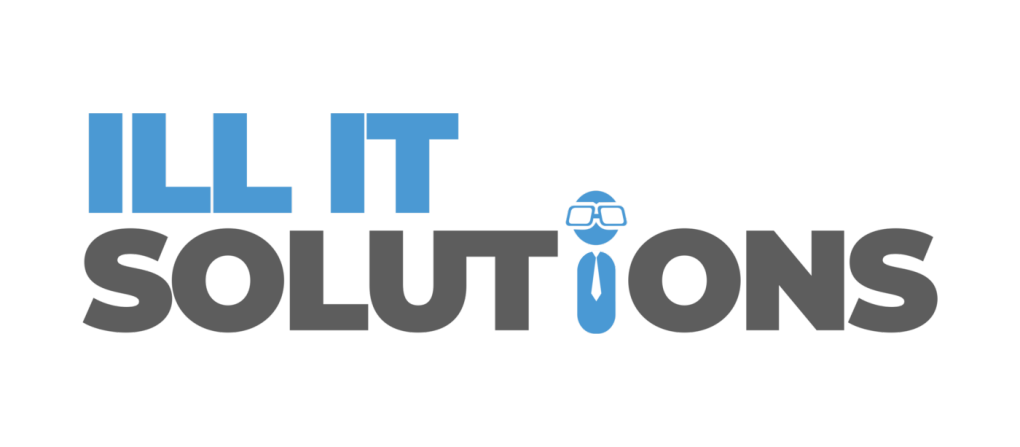Blog
Best 5 Computer Repair Tips for Speeding up Your PC
In this digital age, a slow computer can be a source of frustration for many. Whether you use your computer for work, entertainment, or personal tasks, a speedy and responsive PC can significantly enhance your experience. You don’t need to be a tech expert to boost your computer’s performance. In this article, we will explore the best 5 computer repair tips that can help you speed up your PC, ensuring smoother and more efficient operation.
Introduction
Before we delve into the tips, let’s understand why your computer may be slowing down. Over time, computers accumulate digital clutter, software bloat, and hardware wear and tear. These factors can collectively lead to a noticeable decrease in performance. However, with some simple maintenance and optimization techniques, you can revitalize your PC’s speed and responsiveness.
Understanding the Basics
To effectively speed up your computer and ensure its optimal performance, it is essential to grasp the basics of how it operates. Your computer consists of both hardware and software components. Hardware includes physical components like the CPU, RAM, hard drive, graphics card, and other peripherals. Software encompasses your operating system, installed programs, and various applications that run on your computer. Both hardware and software play crucial roles in your computer’s speed and efficiency. If you encounter any issues related to computer performance, consider seeking professional assistance for computer repair to diagnose and resolve any hardware or software problems.
Tip 1: Regular Maintenance
Regular maintenance is key to keeping your computer in top shape. Here are some essential tasks you should perform regularly:
Cleaning
Cleaning the dust and debris from your computer’s internals, especially the fans and vents, can prevent overheating and maintain proper airflow.
Updates
Ensure that your operating system and all software are up-to-date. Updates often include performance improvements and security enhancements.
Disk Cleanup
Regularly run disk cleanup tools to remove temporary files, system cache, and unnecessary files that can clog up your hard drive.
Tip 2: Hardware Upgrades
Sometimes, hardware upgrades can make a significant difference in your computer’s speed. Consider the following upgrades:
RAM Upgrade
Adding more RAM can improve multitasking and overall system performance.
SSD Installation
Upgrading to a Solid-State Drive (SSD) from a traditional Hard Disk Drive (HDD) can result in faster boot times and application loading.
Tip 3: Optimize Software
Optimizing your software can help reduce system resource consumption and enhance speed. Here’s how:
Uninstall Unnecessary Programs
Remove software you no longer use or need. Unused programs can slow down your PC.
Disable Startup Programs
Prevent unnecessary programs from launching at startup to reduce boot time.
Tip 4: Storage Management
Properly managing your storage is crucial for maintaining a speedy PC.
Defragmentation
If you are using an HDD, defragment your hard drive to improve data access speed.
Free Up Disk Space
Ensure you have sufficient free space on your drive. A cluttered drive can affect performance.
Tip 5: Cooling and Ventilation
Overheating can lead to throttling and performance issues. Ensure your computer stays cool:
Clean Fans and Vents
Regularly clean your computer’s fans and vents to prevent overheating.
Use Cooling Pads
Consider using cooling pads or stands to improve airflow and cooling.
Performance Testing
After implementing these tips, it is a good idea to test your computer’s performance. You can use benchmarking software to evaluate speed improvements and identify any lingering issues.
Summary of Tips
In conclusion, speeding up your PC does not require advanced technical knowledge. With the help of ILL IT Solutions, regular maintenance, hardware upgrades, software optimization, and storage management, you can enjoy a faster and more responsive computer. Do not let a sluggish PC hinder your productivity or enjoyment; follow these tips, along with the expertise of ILL IT Solutions, to get your computer back up to speed.


